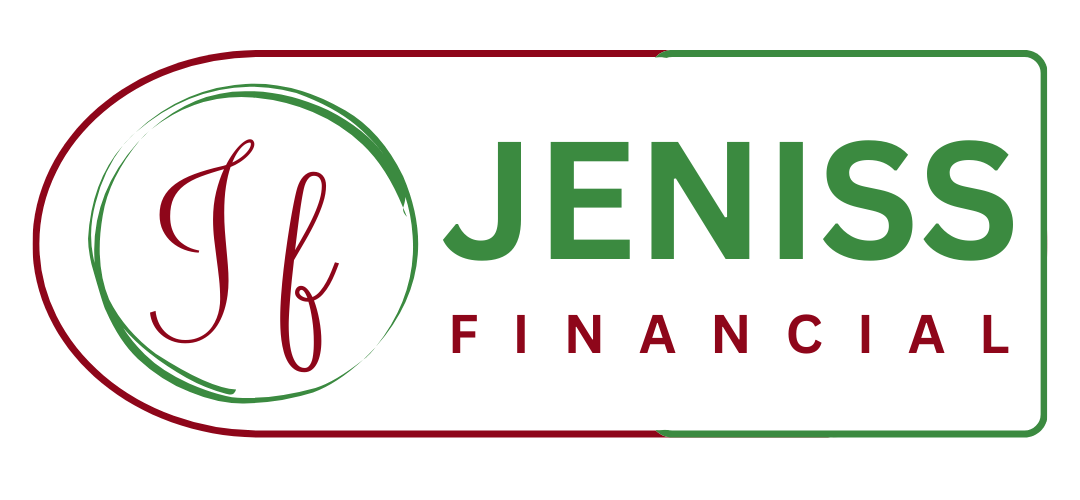MORTGAGES
RESIDENTIAL MORTGAGES
If you are planning to permanently move into a new home, a residential mortgage is a necessity. It is a financial agreement between a borrower and lender, where the lender loans an agreed amount of money for the borrower to buy a new property to live in. In exchange, the borrower pays off the loan within an agreed timeframe, which is usually 25 years. Some lenders may allow the term to be adjusted if they feel you meet their eligibility criteria.
If you wish to buy a property with a residential mortgage, you’ll need to provide a deposit, which is a percentage of the property’s market value. Most lenders offer loan-to-value (LTV) ratios of up to 90%, which means you would need to contribute a 10% deposit. In some circumstances, the lender may approve a LTV up to 95% if they feel you meet their affordability requirements. This would allow you to buy the property with only a 5% deposit.
With a residential mortgage, the amount you may borrow is typically determined by how much risk you present to the lender. If the lender feels there is a low risk of you defaulting on the loan, they are more likely to approve a higher borrowing amount. However, factors such as having a poor credit score, part-time income, or an inconsistent income can raise concerns about your ability to repay the loan. This can lead to a lower borrowing limit. We act as an introducer to regulated mortgages, and we have a wide range of Brokers who are not limited in the range of mortgages they will consider for you in relation to regulated 1st charge and 2nd charge loans that are being raised for personal purposes or regulated loans that are being raised for business purposes.
BUY TO LET MORTGAGES
A buy-to-let mortgage (BTL) is a type of loan designed specifically for properties bought with the intention of renting them out to tenants. Typically, you won’t be able to rent out a property for profit unless you either own it outright or have a BLT mortgage.
BTL mortgages can be used to purchase various types of rental properties, such as residential homes, holiday homes, student accommodation, and others, depending on your goals.
A buy-to-let mortgage is best suited for you if you are:
- Buying a property to generate rental income.
- Becoming an ‘accidental landlord’ from inheriting a property or renting out one you can’t sell.
- Renting out a holiday home.
COMMERCIAL MORTGAGES
A commercial mortgage is a loan secured against a property that is not your personal residence. There are different types of commercial mortgages available to you, and their assessment and pricing will depend on the level of risk associated with your business.
If you are considering buying owner-occupied property, commercial mortgages will normally cover around 70-75% of the property’s value. If you’re purchasing the property as an investment, the loan amount will depend on the income it generates, including rental income. However, the loan is unlikely to cover more than 65% of the purchase price. This percentage may be further reduced if you are buying a business outright.
Commercial mortgages are usually taken out for a term of 3 to 25 years. If you have short-term financing needs, we offer other options, such as bridging loans.
BRIDGING LOANS
Bridging loans is a short-term type of lending that can be used to fund buying assets (usually property) in a short period of time. It can also be used in periods when a conventional mortgage is not a suitable option. In most cases, people use bridging loans to purchase a new property before selling their current one.
There are two types of bridging loans available to you:
Open bridging loans have no fixed repayment date, which means you can repay it whenever your funds become available. Most lenders will expect you to repay the debt within 1 year, though some may offer longer terms.
Closed bridging loans have a fixed repayment date based on when you know your funds will become available. For example, this can be when you’re completing a property sale. Whilst there is less flexibility around repayment, this type of loan is a more affordable option than open bridging loans.
Whichever loan you may choose from us, you will need an ‘exit strategy’ to show lenders how you will repay the loan. For example, landlords will usually refinance the loan with a buy-to-let mortgage.
Why you may need a bridging loan:
- Buying a property at an auction
- Cashflow problems in your business
- Inheritance tax
- Preventing property from being repossessed
- Property development
SECOND - CHARGE MORTGAGES
If you are currently paying a mortgage on your property but still need another loan, we can help you borrow more money with a second-charge mortgage.
A second-charge mortgage is an additional loan that is completely separate from your primary mortgage. This mortgage uses the equity in your property as collateral and is determined by your property’s value minus what you still owe from your primary mortgage. It is most commonly used as an alternative option to changing the term of your first mortgage (remortgaging).
Second-charge mortgages can be used for various purposes, such as providing you a lump sum of money for different purposes (e.g. home improvements, renovations) rather than waiting until you’ve saved up enough. It is also an effective way to consolidate debt from personal loans or credit cards.
